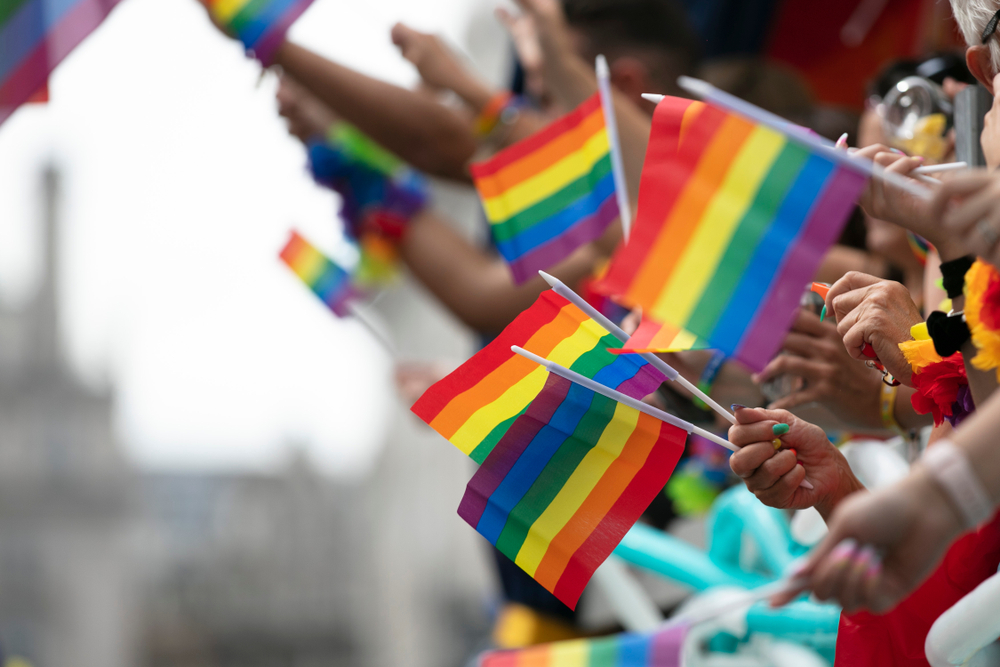Erdogan’s government took preemptive measures to stifle the gathering, underscoring its stringent stance against LGBTQ rights in Turkey.
Others are reading now
Amid escalating tensions, the Islamist government of Recep Tayyip Erdogan has ordered the blocking of access to the Beyoğlu and Şişli districts of Istanbul yesterday, as well as nearby metro stations, deploying checkpoints and barricades to prevent the celebration of the LGBTQ Pride march according to El Espaniol.
The Pride events in Istanbul commenced on June 17th and were scheduled to culminate with the parade this Sunday. However, Erdogan’s government took preemptive measures to stifle the gathering, underscoring its stringent stance against LGBTQ rights in Turkey.
Preparations and Restrictions Ahead of Parade
Ahead of the planned parade, Turkish authorities shut down Taksim and Şişhane metro stations to deter congregations at Taksim Square, implementing stringent controls, erecting police barricades, and redirecting pedestrians through alternative routes.
In response to these obstacles, organizers of the march announced plans to assemble at various points across Beyoğlu, Beşiktaş, and Kadıköy districts, indicating a determined effort to proceed despite government restrictions.
Also read
Long-standing Government Opposition
Since Istanbul’s first LGBTQ Pride march in 2003, Erdogan’s government has consistently banned most gatherings, arrested activists, and quelled protesters using tear gas and, at times, plastic bullets.
This crackdown reflects a broader conservative policy stance that also extends into educational institutions, such as the recent controversy at the Izzet Baysal University Medical School in Bolu, where the term “sexual orientation” was excluded from the Hippocratic Oath recited during graduation ceremonies.
The decision sparked outrage among students and criticism from human rights advocates, highlighting ongoing challenges faced by LGBTQ individuals in Turkey despite homosexuality being legal in the country since 1858.
The Erdogan administration’s continued hostility toward the LGBTQ community underscores deep-seated social divisions and human rights concerns within Turkish society.

